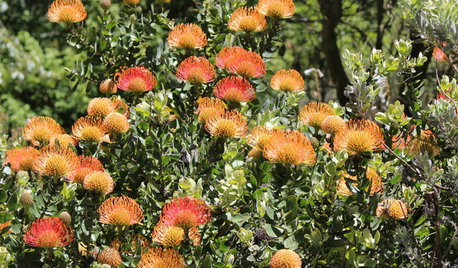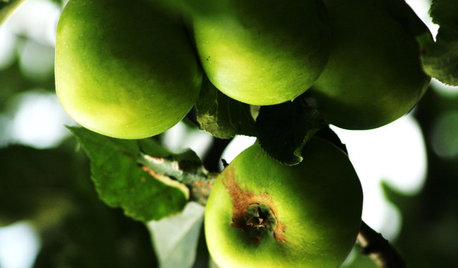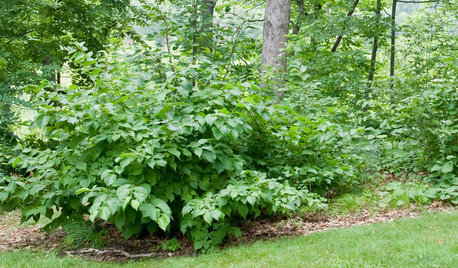Tiffy, I followed your advice and it took a while but I got hold of an organic agriculture specialist at NSAC/Agrapoint, and very glad I did. What he said kind of floored me; I thought it worthwhile to run it past this forum.
I'd emailed him a description of our soil practices and problems - sandy soil, seemingly low fertility despite adding lots of organic matter in the form of compost, leaf and eelgrass mulches, and very little tilling. Potatoes and carrots grow fine, as do tomatoes and other such transplants, but beets barely bulb up, and greens grow far too slowly. Perennial flowers, asparagus and berries are spectacular and productive.
He said it sounded like our garden has a carbon overload. Having good organic matter levels (5%) does not mean nutrients are available; much of it may be locked up in carbon, which are decomposed by fungi. Beets hate a fungal environment. They, and greens in general, need nitrogen fast, in nitrate form.
He suggested a quick fix of spraying molasses on our compost and mulches, to get lots of bacterial action going, and adding high-nitrogen materials like coffee grounds, worm compost, and possibly seed meals, although those are soon to be forbidden by organic standards if they are GMO, which is all that's available here.
He also suggested manure, and manure tea with molasses. He said that given our use of compost, seaweed and eelgrass, a boron deficiency was very unlikely.
He asked whether we saw a lot of pigweed and lambsquarters in the garden, and I said we used to get a lot but there'd been fewer and fewer over the years. He said the lack of these weeds indicated, in our case, that nitrate levels were drastically low. He said beets were basically weeds, like pigweed. The weed seeds wouldn't even germinate in poor-nitrate conditions.
He also talked about mycorrhizal relationships. If I understood correctly, the greater the longevity of a plant the likelier it will form and make use of mycorrhizal relationships, ranging from annuals like lettuce which don't form them, to tomatoes and potatoes, to perennials to shrubs and trees. Plants that don't form those relationships need fertilizer fast.
He said a green manure rotation of clover (like Patrick's!), planted this spring and tilled in next spring before flowering, would make a good nitrogen fix, but not oats, planted this summer and left to winter-kill then tilled in (as I'd suggested) because that would be yet more carbon.
So, I hope he's right, because clover seed is cheap, and molasses, worm compost, coffee grounds and manure tea are pretty easy fixes.









madmagic
lou_spicewood_tx
Related Discussions
Recommendations for ridding one's soil of blight spores
Q
Alkaline or carbonate-rich soils and their nutrient problems
Q
Optimal pH for black spot and pH of Scott's top soil
Q
The Dark Side of a Good Friend to the Soil
Q
tclynx
Kimmsr
madmagic
Lloyd
kqcrna
paulnsOriginal Author
madmagic
tiffy_z5_6_can
paulnsOriginal Author
madmagic
peter_6
marshallz10
madmagic
lsl33
madmagic
lsl33
paulnsOriginal Author
paulnsOriginal Author
peter_6